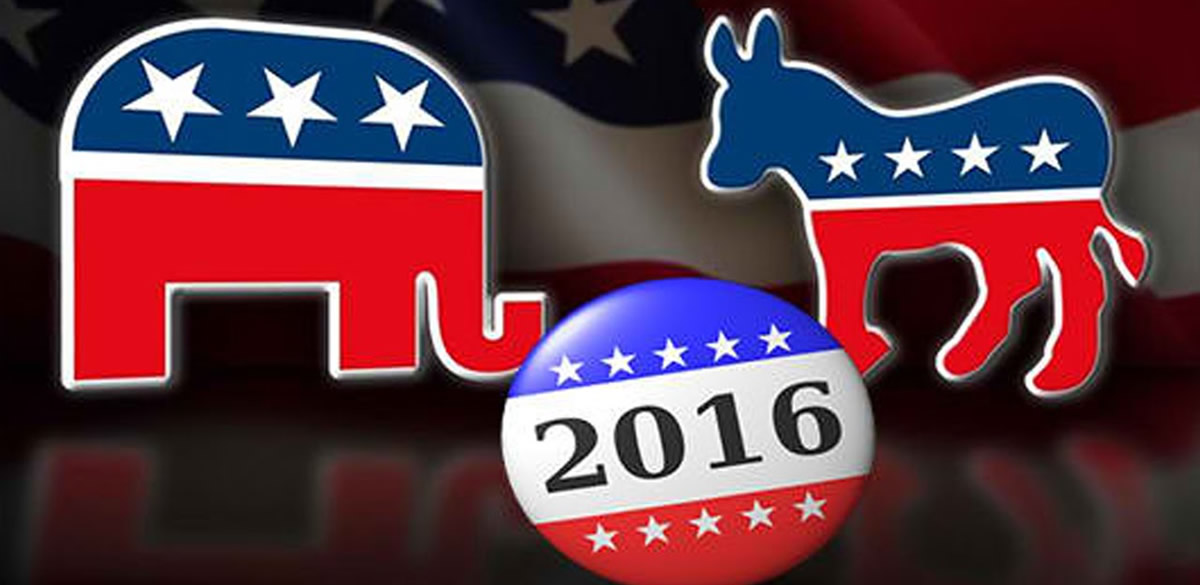While international issues are often a factor in US presidential elections they are never a deciding factor. This reality is striking in that the bipartisan strategy that served the US well though the second half of the 20th century has been regulated to the dustbin of history, and a national foreign policy debate has been needed for some time. While this election would have been an obvious opportunity for such a reevaluation, it is clear that no such effort is on the horizon. This election is essentially the next round in the on going struggle between what is colloquially called in the US the one percent and the 99 percent. However, while not a foreign issues election, its outcome, regardless of who wins, will result in a changing international relations profile on the part of the USA, a change toward retreat.
The above seems obviously the case assuming Mr. Trump wins in November. While the world has focused on the firsts of Hillary Clinton as a candidate, Mr. trump is also a first, if elected he will be the first President since before the American Civil War that has held no previous elected position, or some other senior government cabinet office (Taft and Harding) or served as a senior commandeering officer during a major military conflict (Grant and Eisenhower). He has already made it very clear that his focus will be Americanism rather then globalism.
Consequently, predicting a President Trump foreign policy is particularly difficult. It is hard to see any of the foreign policy pronouncements of candidate Trump, being the result of a coherent, foreign policy process. Rather they are part of the narrative he has created that America is weak, being taken advantage of, and only he can make it great again. This is the foundation of his primary campaign that has appealed to a segment of the US population that similarly, feels threatened and is looking for a populist figure to make things right. It should also be remembered that he has no foreign policy team, and one has to wonder if he goes further then Twitter when looking for international news. Hopefully some of this will change now that both candidates will start receiving regular security briefings.
Everything with Trump is transactional, based on a financial cost benefit analysis. Consequently, it is interesting that he ignores the benefits to the US that it has reaped as leader of the free world. The reality is that the US economy has benefited greatly as must of the world lives under a global neo liberal economic system defined and driven by the US. For the price of providing a liberal democratic security umbrella, the US has reaped decades of economic and political advantage. One should ask the CEO of Boeing what his view is on the deal America has gotten. When one looks at the current political and economic stresses confronting the EU as a result of having fallen into lock step with the US neo-liberal economic order, one has to seriously question Mr. Trumps analysis as to America getting a bad return on its investment. Signing on to this US approach has precluded the EU from defining its own vision of a sustainable political economic framework and has left the advancing of an alternative essentially to the Chinese.
Looking toward a possible Trump Presidency, none of his pronouncements to date appear to be hard or fast ideals or truths that he believes in and defines him. Further, he seems to have no problem in ignoring past statements or commitments. He will start office essentially with a clean slate. The best-case scenario is a President Trump accepting that he has neither the inclination nor stamina to worry the details, taking a page from Ronald Reagan and picking a strong foreign policy team and letting them do their job.
Unfortunately the prognosis for this is not good. He would need to accept a few truths about foreign affairs and diplomacy. Nothing is personnel even if it is, one may not always be the smartest person in the room, one’s words have weight, and finally foreign affairs, is never binary, there are no true or false questions, and often no obvious winners, losers, no obvious good guys nor bad guys. If Trump the President is the same Trump the candidate, the rules of the international game will receive a major jolt. A populist President Trump would have no hesitation in papering over America’s angst on the backs of its allies and neighbors. So if he is elected in November, and we don’t see a strong, reassuring, experienced voice as his Secretary of State, the world better fasten its seat belts it will be a bumpy ride.




